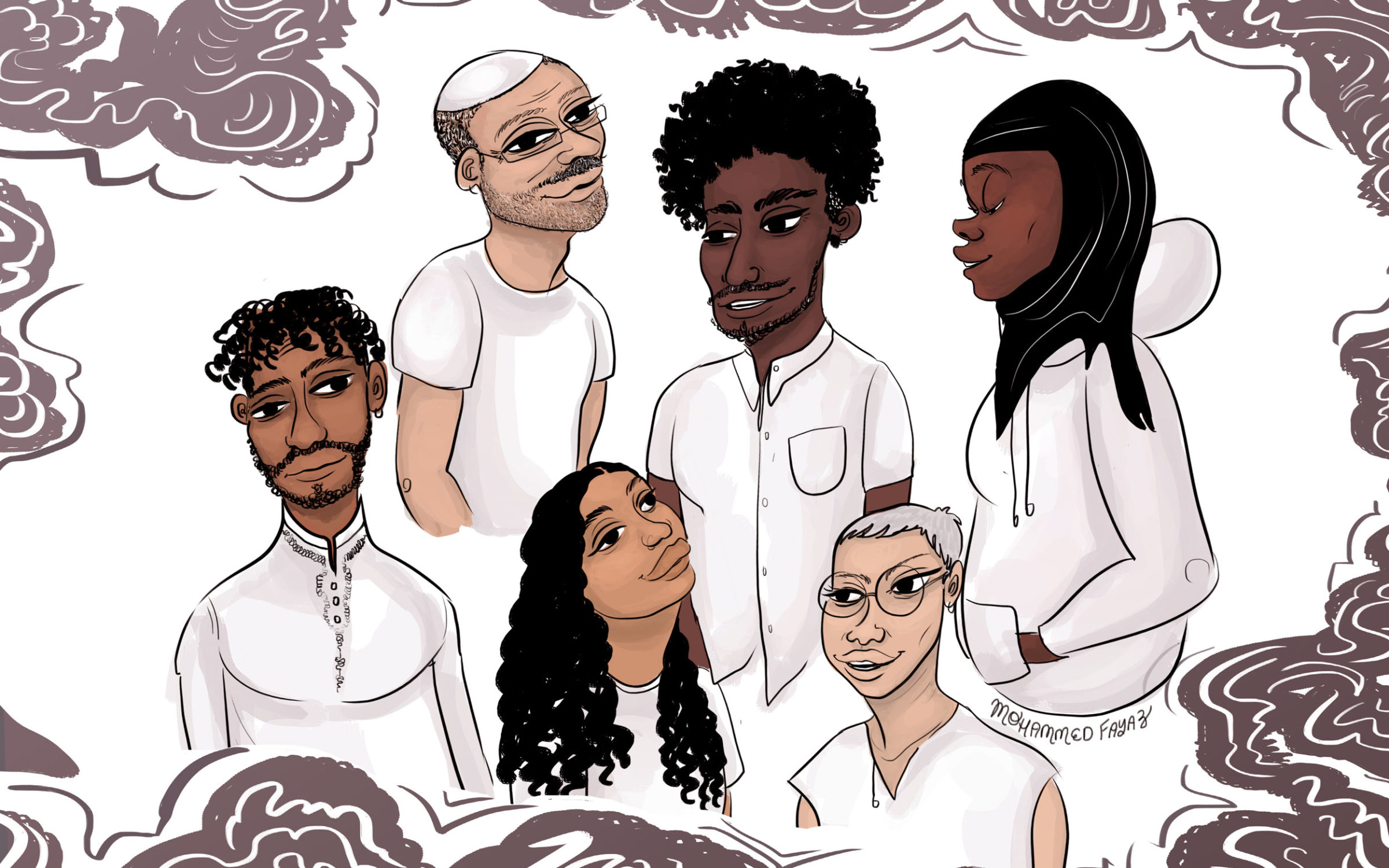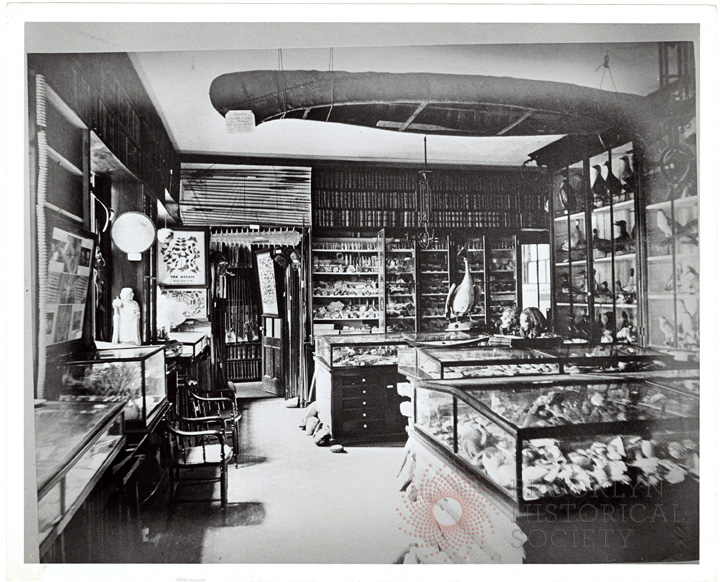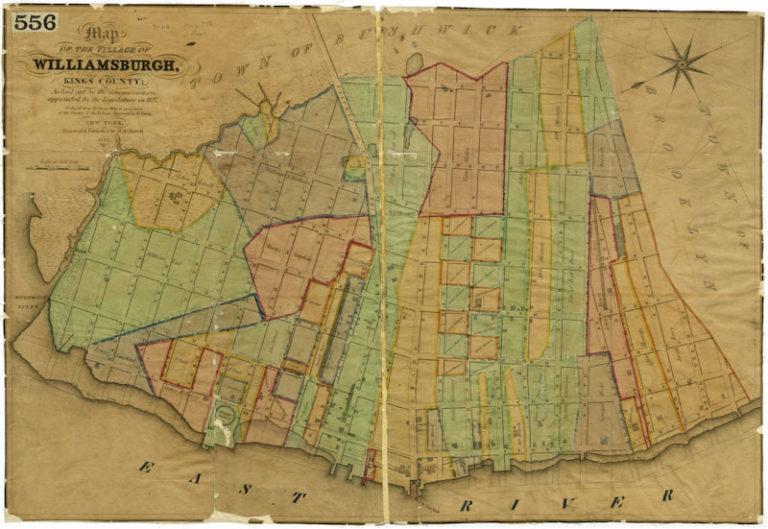
In 2017, Brooklyn Historical Society launched Muslims in Brooklyn, a multi-year, public arts and history project to amplify stories of Brooklyn’s diverse Muslim communities.
For well over a century, Muslims have lived, worked, and prayed in Brooklyn, making it a major center of Muslim life for New York City and the nation. As such, the histories and experiences of Brooklyn’s Muslim communities hold great resonance for national conversations on religious diversity and pluralism.
Explore a curated selection of oral histories that illustrate these experiences, as well as other resources like a historical timeline, narrator biographies, and educational tools, at the Muslims in Brooklyn companion website here.
The project is built on three premises:
- Muslims in Brooklyn have a long history. Muslim communities have been a part of American life since before the nation’s founding; and established Muslim communities have been in Brooklyn for over a century.
- Muslims in Brooklyn are a diverse people. The lives and work of Muslims in Brooklyn span many ethnicities, cultures, and nationalities.
- Muslims in Brooklyn are Brooklynites. Muslims have both shaped and been shaped by life in Brooklyn.
At the core of the project are the stories of Muslim Brooklynites, whose voices will inform:
- A collection of oral histories and primary source records
- A web-based educational curriculum
- Educational programs
- An audience-centered sound and art exhibition
- Dynamic public programming
- Dedicated segments in BHS’s Flatbush + Main podcast series
- A publication
Together, these elements provide learning experiences, challenge assumptions, and promote understanding about Brooklyn’s rich ethnic and religious heritage.
Muslims in Brooklyn is made possible through the generous support of Constance L. Christensen; AT&T; the Doris Duke Foundation for Islamic Art’s Building Bridges Program; Ford Foundation; New York Community Trust; Nissan Foundation; Pillars Fund; Pop Culture Collaborative, a fiscally sponsored project of Rockefeller Philanthropy Advisors; and public funds from the New York City Department of Cultural Affairs in partnership with the New York City Council, with special thanks to Council Members Robert E. Cornegy, Jr., Rafael Espinal, and Brad Lander.
Brooklyn Historical Society programs are also made possible by the New York State Council of the Arts with the support of Governor Andrew Cuomo and the New York State Legislature.

